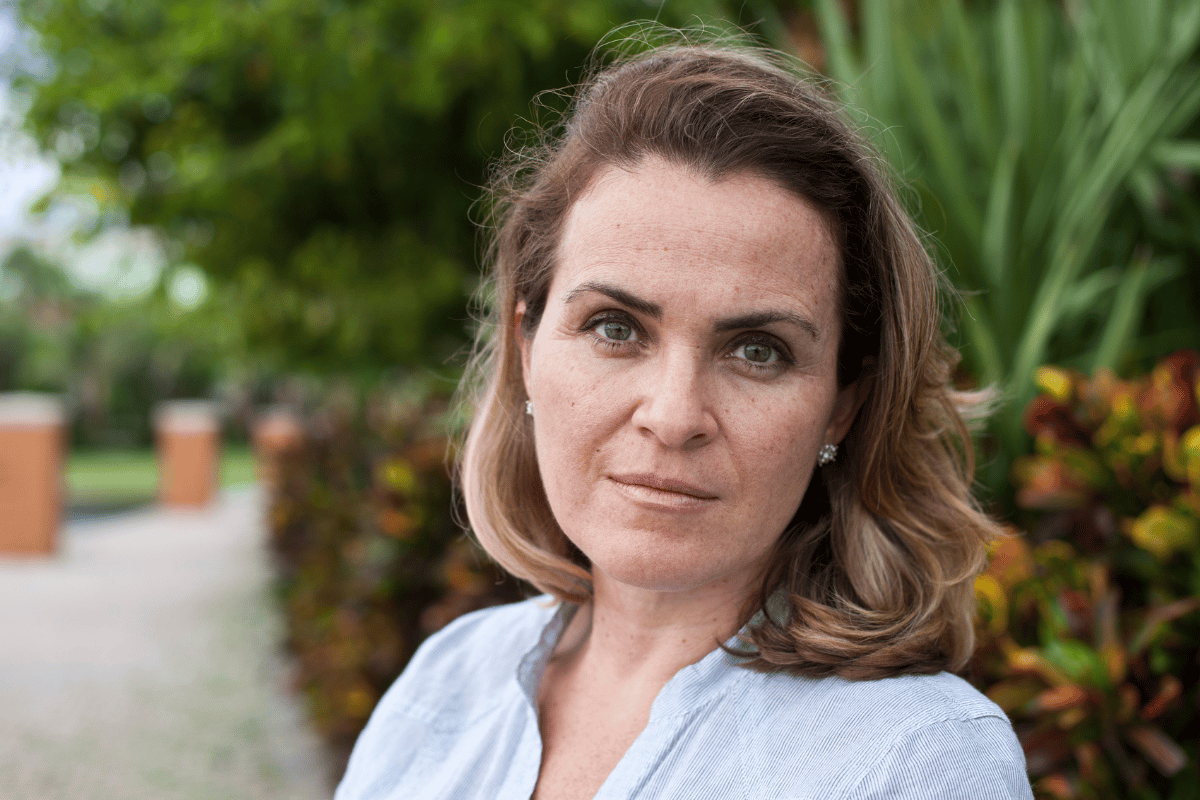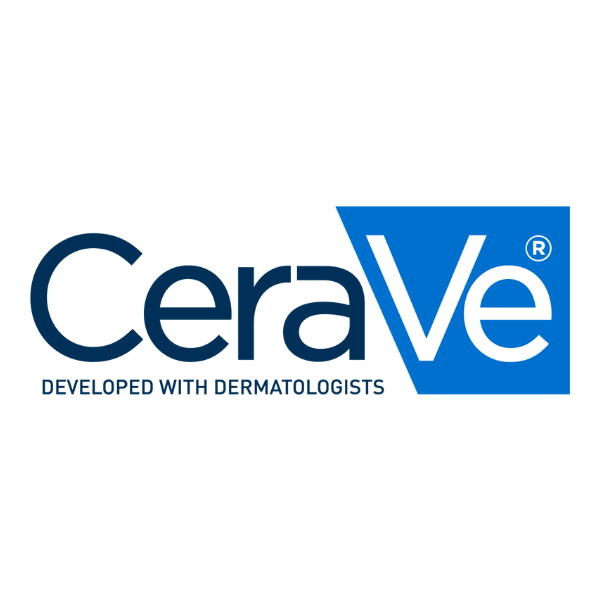

At 34, my skin staged its first major rebellion. I'd made it through my teens, my not-so-wild 20s and my fertility-focused early 30s relatively unscathed — then, boom.
Mid-pandemic, my face suddenly rejected my trusted skincare routine of 15 years.
"Is this an allergic reaction?" I panicked to my husband. "Maybe it's from wearing a face mask?"
Plot twist: It wasn't the face mask — it was perimenopause, quietly showing up through my skin before any hot flashes appeared.




























































































